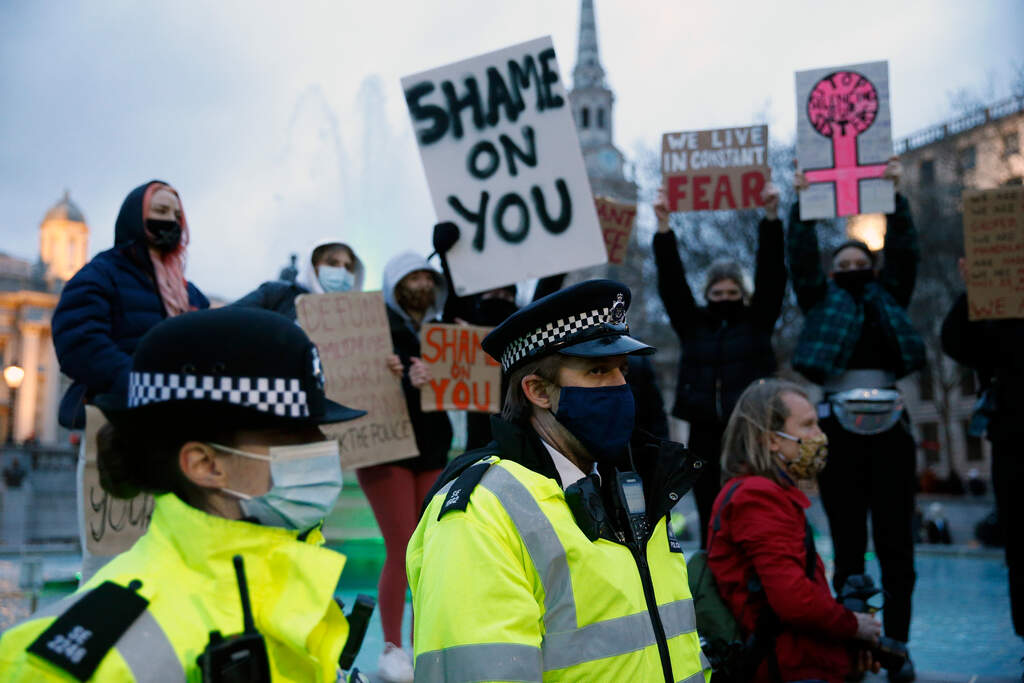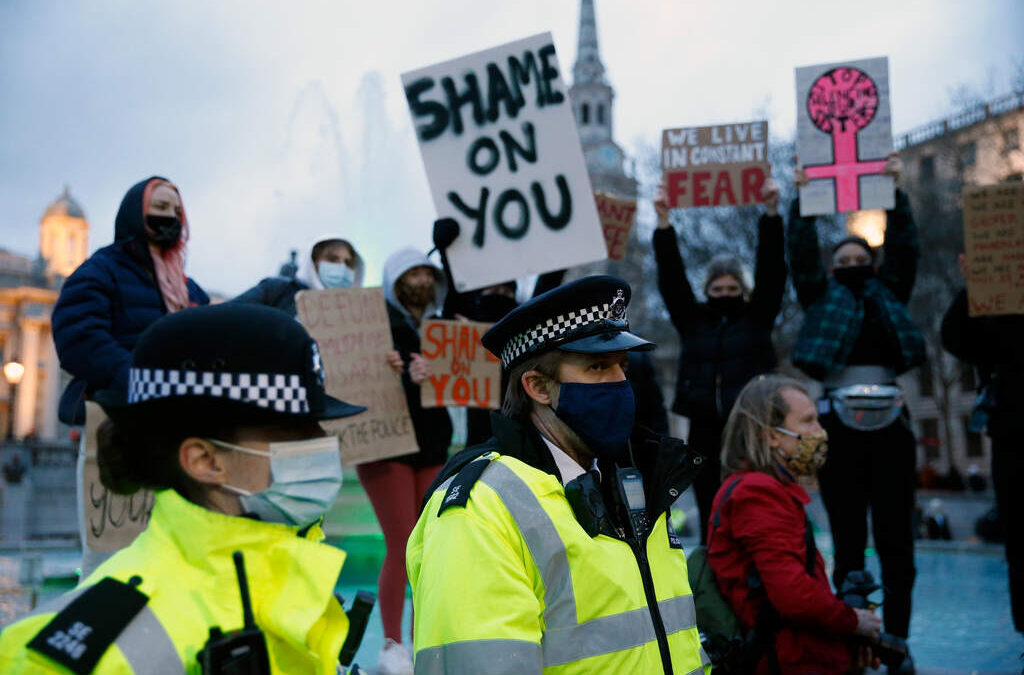‘I blew the whistle on a colleague in the met police’
I didn’t expect what happened next.
Words Alice Hall

When 30-year-old Issy Vine joined the Met Police in 2020 as a call handler, she was ready to have a lifelong career. ‘I was proud to get the job,’ she tells Grazia.
Issy never dreamed that, just four years later, her career in the police would come to an end for reporting wrongdoing. On a shift in April 2023, she was seated next to a fellow call handler who made a series of deeply offensive comments. The first came when he was taking a report from a rape victim. ‘He covered his mouth and said, “She sounds like a slut.” I was so shocked,’ she says.
Later, using an expletive, he typed on his phone, ‘Why don’t you [go] back to your own country?’ when taking a call from an ‘immigrant’. When Issy was on a call with a map of London’s Clapham area on the screen – from where Sarah Everard was abducted by Wayne Couzens, a serving Met Police officer, in 2021 – he said, ‘Sarah Everard turf,’ in her ear.
At the end of their shift, Issy says, the call handler followed her for the beginning part of her journey home.

She complained the next morning and the 999 handler was placed on restricted duties and, in November 2023, he was sacked after being found guilty of gross misconduct. However, after appealing the decision he was reinstated in March last year. In a meeting with the appeal decision-maker, Issy was told that calling his behaviour gross misconduct and dismissing him would be ‘too harsh’.
Issy launched a grievance against the Met Police and left in November 2024 after claiming the experience took a toll on her mental health. She is now suing the force, claiming constructive dismissal and has launched a petition calling for a review of the legislation and guidance that impacts the way misconduct is dealt with in the police. She has also launched Speak Up Now, an online platform where those working in public services can share their concerns.
‘How is anyone supposed to feel safe knowing this?’
After her colleague was reinstated, Issy was told that the original panel who had placed him on restricted duties were too heavily influenced by the Baroness Casey report, which found the Met to be institutionally misogynistic, racist, and homophobic. She began to feel anxious and suffered panic attacks.
‘I was later diagnosed with PTSD and it got so bad I nearly crashed my car driving into work one day because I was crying so much,’ she says.
‘I’d rather tell everyone about my experience and spotlight the failings than get a payout, because money won’t keep my conscience safe at night,’ she says.
‘How is anyone supposed to feel safe knowing that people who can be the perpetrators of harm against women are within the services designed to protect us?’
Photos: GEOFF PUGH/ Getty

